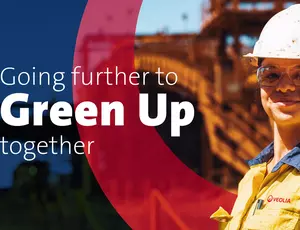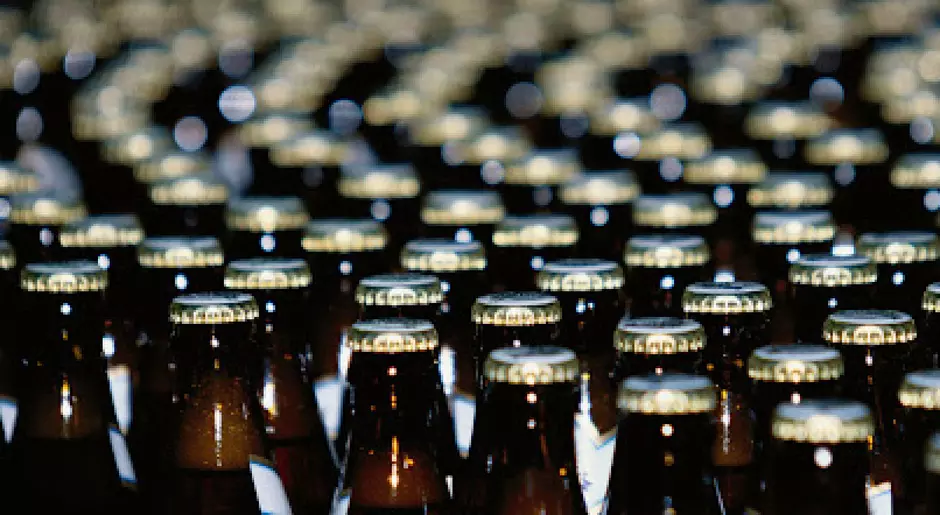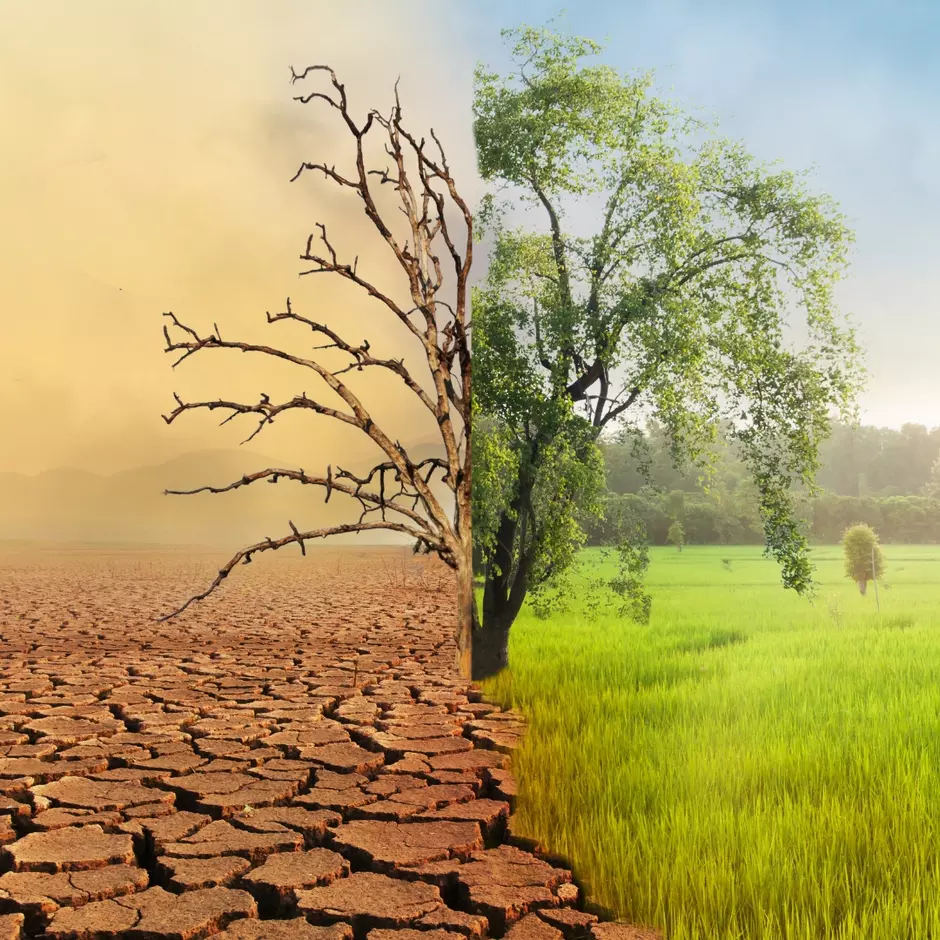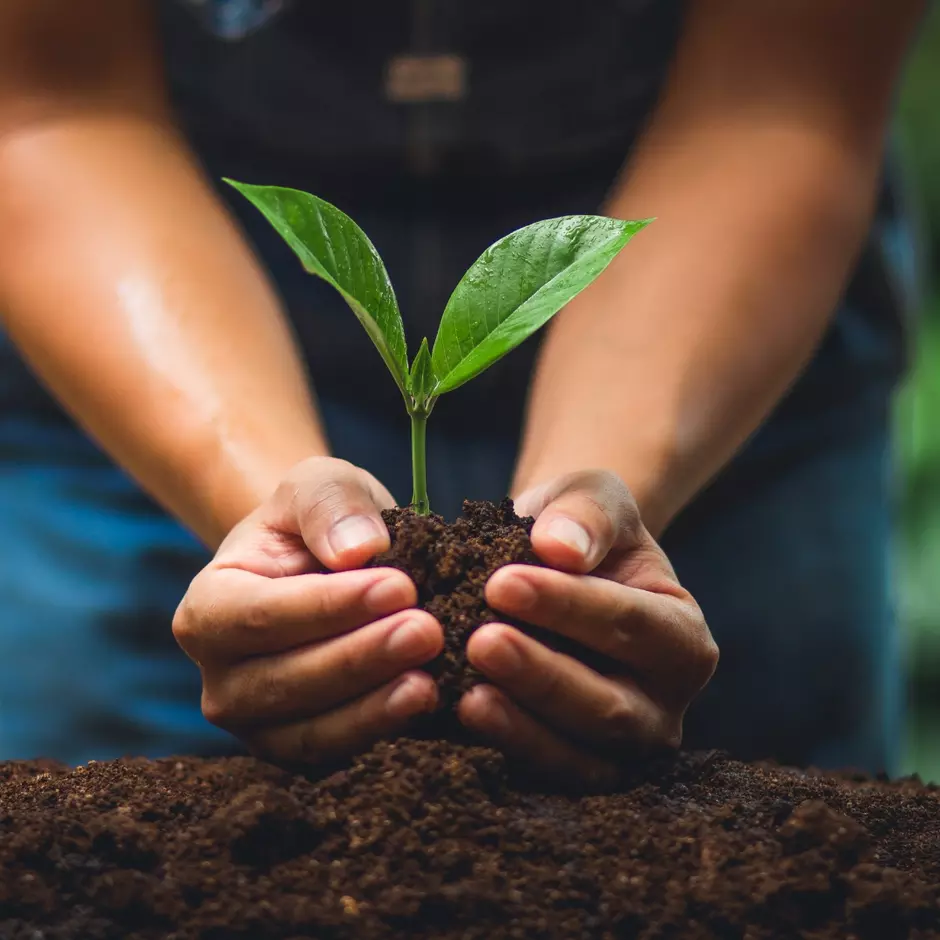What is Decarbonisation?
Decarbonisation involves reducing carbon dioxide (CO2) levels, and other greenhouse gases associated with climate change, that are released into and damage the environment.
Decarbonisation is crucial in mitigating the impacts of climate change, which increasingly poses significant threats to global ecosystems and human societies. Rising carbon emissions contribute to extreme weather events, sea-level rises, and unpredictable weather patterns, compromising food security, water availability, and human health.
By decarbonising, we can improve climate stability, protect biodiversity, improve air quality, and champion ecological transformation for future generations.
Did You Know?
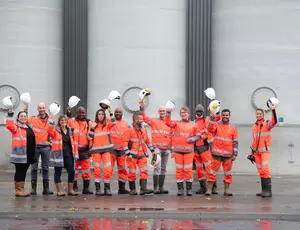
Decarbonisation can create jobs and stimulate economic growth
A study by the International Renewable Energy Agency (IRENA) found that the renewable energy sector could support up to 24 million jobs globally by 2030, up from 11 million in 2018. Additionally, a report by the Climate Policy Initiative found that every dollar invested in renewable energy generates up to three times as much economic activity as the same dollar invested in fossil fuels.
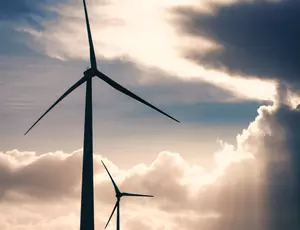
Renewable energy is becoming increasingly cost-competitive
The cost of renewable energy sources like solar and wind power has decreased dramatically over the past decade, making them more competitive with fossil fuels. In fact, the cost of solar energy has fallen by over 70% in the last 10 years, making it cheaper than coal in many parts of the world.
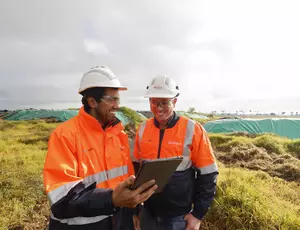
Carbon pricing is a key driver of decarbonisation
Putting a price on carbon is a crucial step in reducing greenhouse gas emissions. A study by the World Bank found that carbon pricing can lead to a 2-5% reduction in emissions in the short term, and up to 10% in the long term. Additionally, carbon pricing can also generate revenue that can be used to support low-carbon technologies and transition workers to new industries.
ACHIEVE DECARBONISATION WITH VEOLIA
At Veolia, we are committed to reducing our carbon footprint and contributing to a low-carbon future. To achieve this, we are implementing a range of initiatives across our operations, including transitioning our fleet to electric and hybrid vehicles, increasing our use of renewable energy sources, and improving energy efficiency in our facilities.
We are also continuously investing in innovative technologies designed to reduce emissions for not only our operations but our customers and communities. We are working with our customers and partners to develop circular economy solutions that reduce waste and promote the use of recycled materials as a second-life resource, further reducing greenhouse gas emissions. Through these efforts, we aim to reduce our scope 1 and 2 emissions by 50% and scope 3 emissions by 30% by 2032. Veolia has also committed to achieving net-zero emissions by 2050, in line with the goals of the Paris Agreement.
HOW DOES DECARBONISATION CONTRIBUTE TO ECOLOGICAL TRANSFORMATION?
Decarbonisation is a critical step towards Ecological Transformation, as it not only reduces greenhouse gas emissions but also has a ripple effect on the entire ecosystem. By transitioning to renewable energy sources, increasing energy efficiency, and promoting sustainable land use practices, decarbonisation helps to preserve natural habitats, protect biodiversity, and maintain ecosystem services. As we reduce our reliance on fossil fuels, we also reduce air and water pollution, protecting human health and the health of our planet.
We’re making great strides for a world where waste is minimised, and resources are used more efficiently, reducing the pressure on natural resources and promoting sustainable development. At Veolia, we recognise that decarbonisation is a collective effort, which is why we’re committed to working closely with our customers to help them achieve their own sustainability goals and contribute to a low-carbon future. Together, we can create a more resilient, regenerative, and thriving ecosystem that supports both human well-being and the environment.
How can we help you achieve your decarbonisation goals?
Our team of experts are dedicated to supporting your sustainability efforts and driving ecological transformation. We'll work alongside you to develop innovative solutions that reduce your carbon footprint and promote a low-carbon future.



